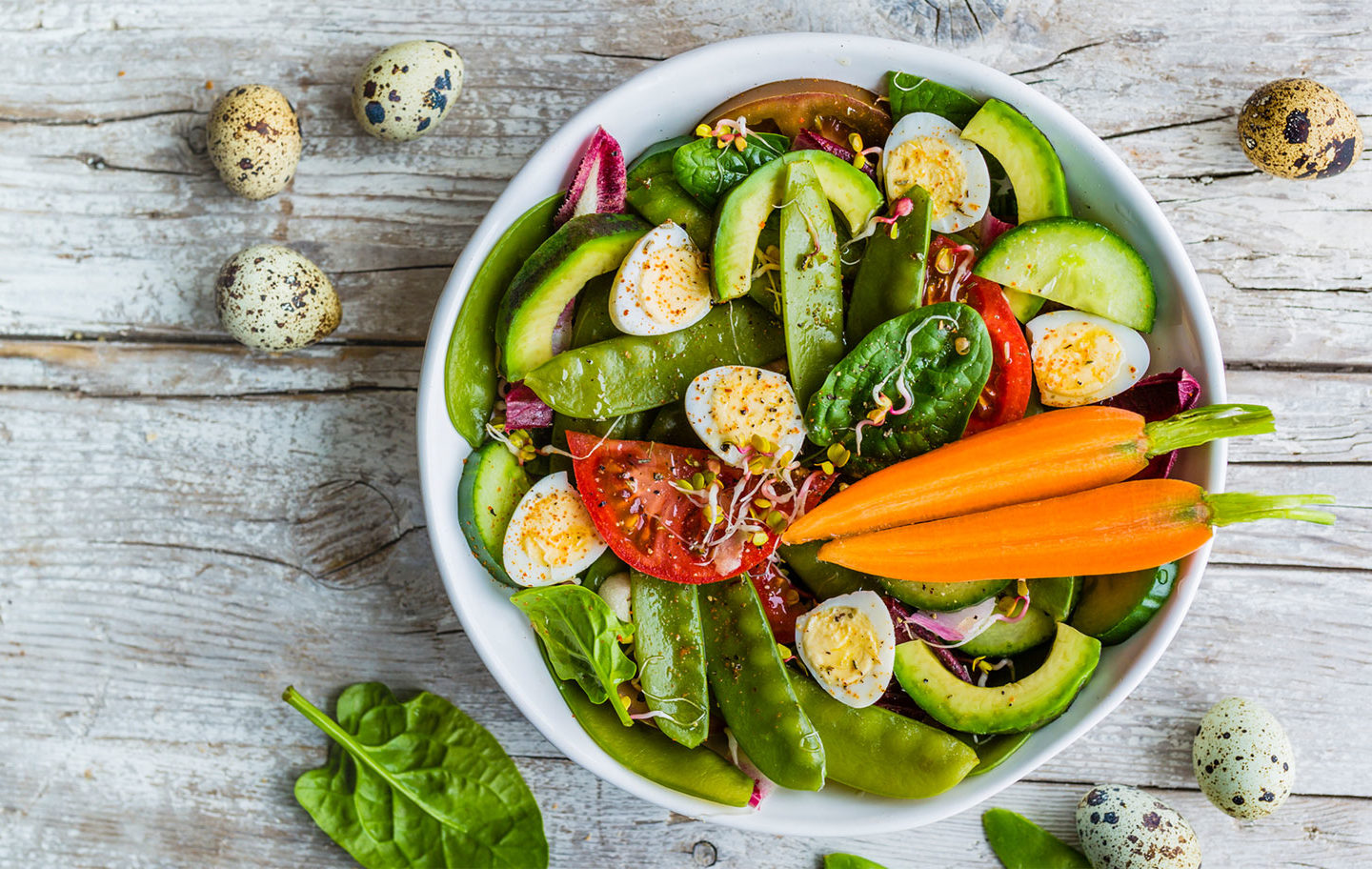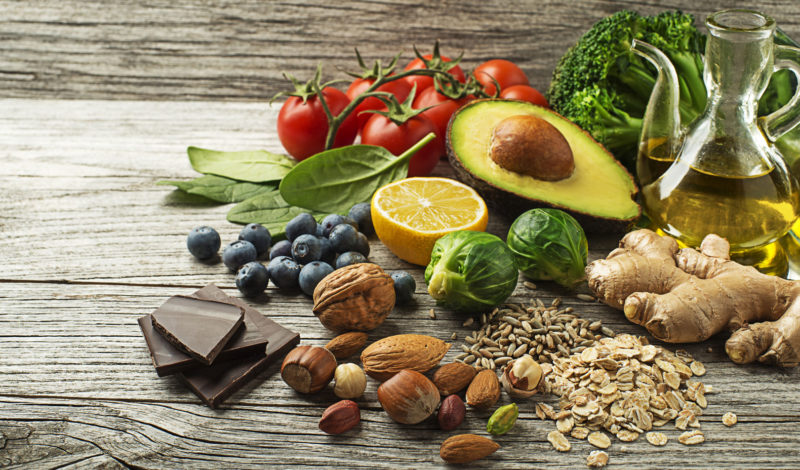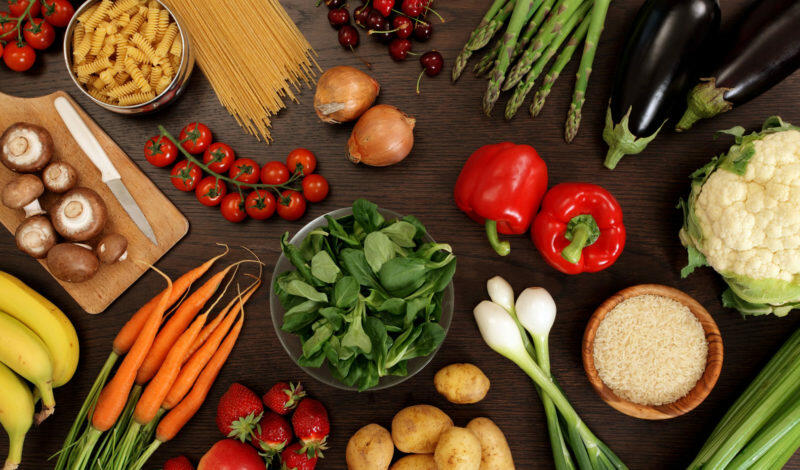More and more Germans are opting for a meat-free diet or are consciously reducing their meat consumption. According to ProVeg [...]

Vegetarian Weight Loss
Is a vegetarian diet suitable to permanently reduce your body weight?
Maybe you’re toying with the idea of becoming a vegetarian in order to lose weight. Many believe that vegetarians typically have a healthy body weight. But is this simply due to the fact that they do not eat meat? Is a vegetarian diet really suitable for permanently reducing your body weight?
What does a vegetarian eat?
In order to become a vegetarian, you first need to know what vegetarians actually eat. Vegetarians do not eat foods where the animal had to die. This includes meats and fish as well as gelatines and fish sauce. However, eggs and dairy products are among the foods that some vegetarians eat. There is a special term for those who have a vegetarian diet that includes dairy products and eggs: Ovo-lacto vegetarians.
How can a vegetarian diet help you lose weight?
Those with a vegetarian diet usually eat more food with a low energy density than those who eat meats and sausages regularly. Vegetables and fruits are unprocessed foods with low energy density. If you want to lose weight, you should regularly consume less calories than your body consumes. To prevent your stomach from growling, you should choose foods with a low energy density. This means that you can eat larger amounts of these foods. Eating these type of foods fills the stomach but you eat relatively few calories in doing so.
Some examples for the density of plant foods1:
- Apple: 0,5 kcal/g
- Grapes: 0,7 kcal/g
- Cucumber: 0,1 kcal/g
- Avocado: 2,2 kcal/g
- Potatoes: 0,7 kcal/g
- Lentils: 2,8 kcal/g
Of course, there are also vegetarian foods with a high energy density such as the avocados and lenses mentioned above. Other foods, such as pumpernickel (1.8 kcal/g), cornflakes (3.5 kcal/g), and olive oil (9 kcal/g) have these qualities as well. You can also be a vegetarian and still enjoy eating French fries (3.3 kcal/g), camembert (4.1 kcal/g), or peanut butter (6.2 kcal/g). Even though these foods are part of a vegetarian diet, they will not help you lose weight. It makes a difference, however, if you replace the meat content of a dish with more vegetables or carbohydrate-based foods such as potatoes. For example, look at the high energy density of some meat products:
- Chicken breast with skin (1,5 kcal/g)
- Mixed ground meat (1,7 kcal/g)
- Fine liver sausage (3,3 kcal/g)
- Salami (4 kcal/g)
- Vienna sausages (2,6 kcal/g)
In particular, people who eat meat or meat products one meal a day are more likely to benefit from the changeover to a vegetarian diet and lose weight more easily and healthily.

Why a vegetarian diet, by itself, is not enough to lose weight
You will not automatically lose weight if you become a vegetarian. As you read above, there are many foods that are part of a vegetarian diet and yet contain many calories. These include foods such as cream, cheese, and butter. Even cake is meatless. However, if you eat a lot of it, you won’t lose much weight.
Our basic tip for you is to have a balanced diet. In any case, this includes a lot of fruits and vegetables as well as foods rich in complex carbohydrates, proteins, and high-quality fats (e.g. olive or linseed oil, walnuts, and avocados). After all, you don’t want to risk any deficiency symptoms.
Apart from diet, other factors also play a role in weight loss. Adequate exercise and sport and, if possible, eight hours of sleep per night support weight reduction.
1. Sämtliche folgende Werte zur Energiedichte: https://www.dge.de/wissenschaft/weitere-publikationen/fachinformationen/niedrige-energiedichte-bei-lebensmitteln-unterstuetzt-uebergewichtige-beim-abnehmen/



